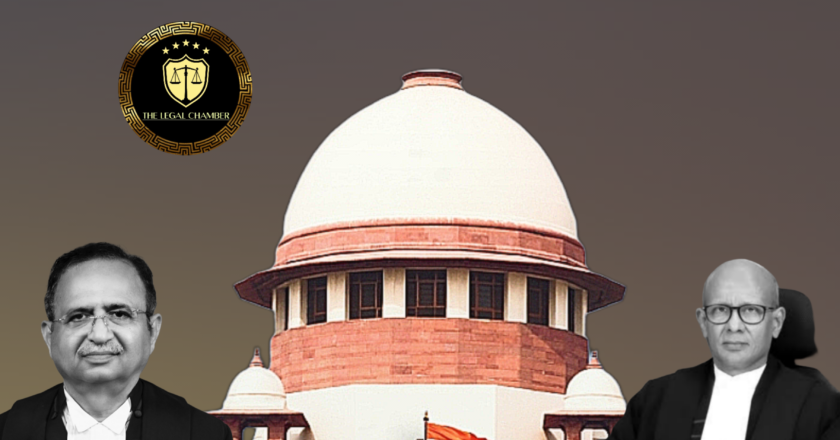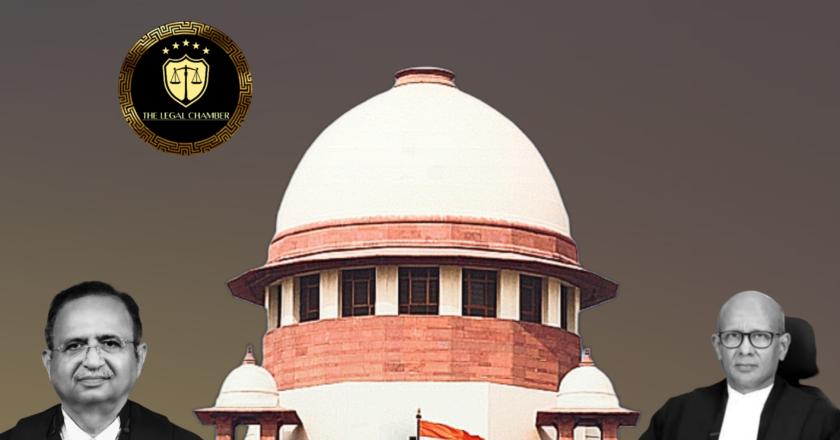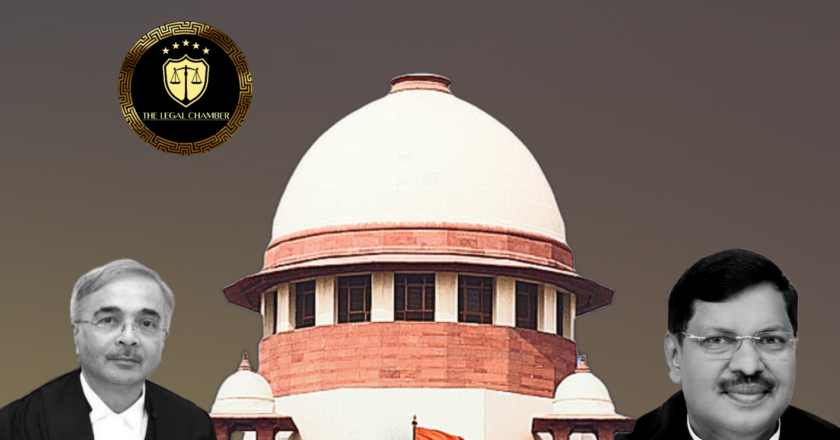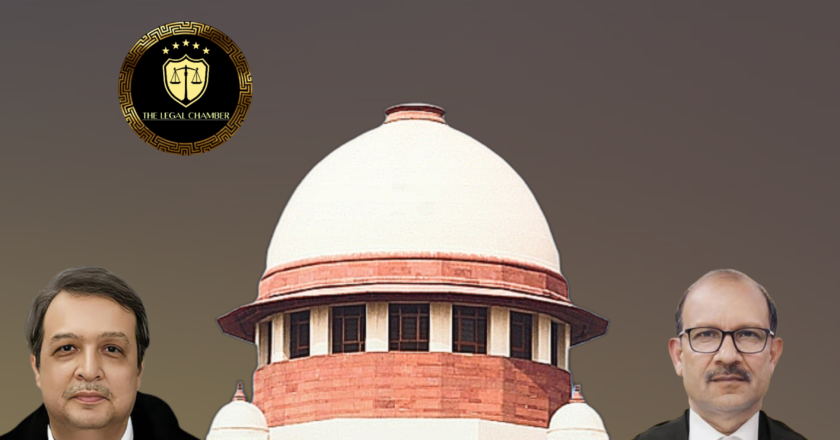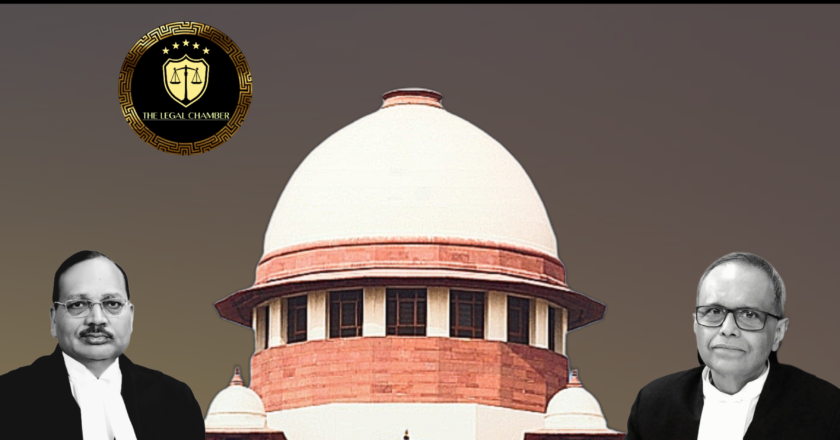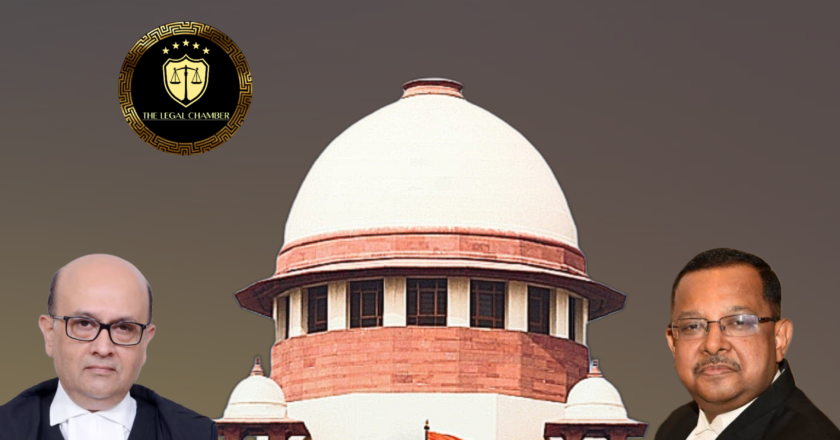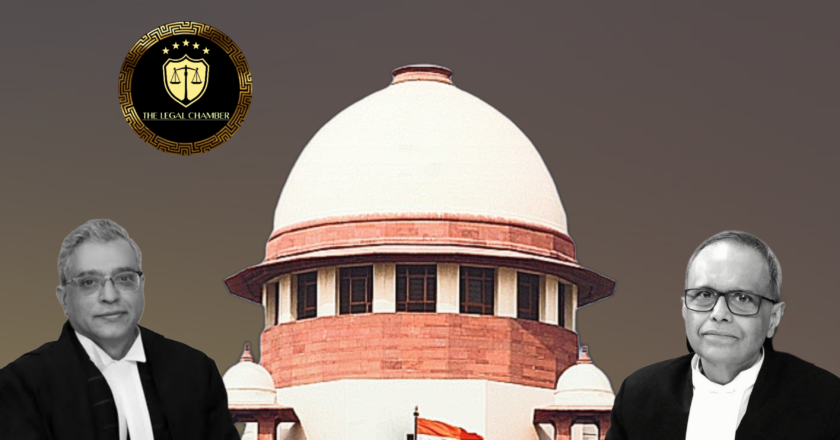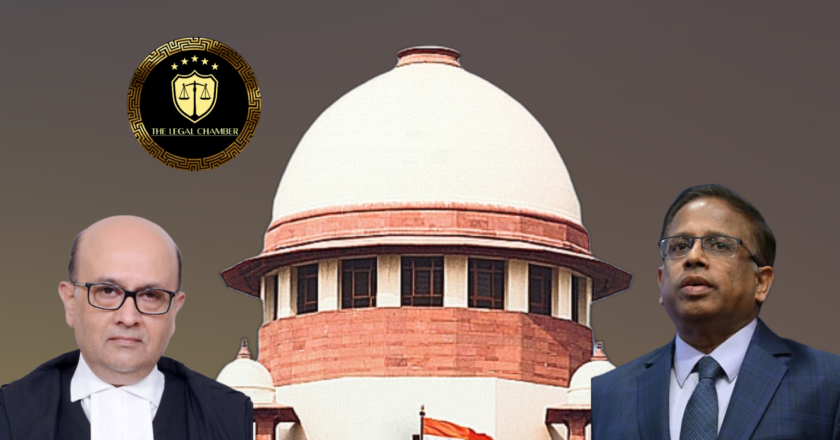Supreme Court Sets Guidelines: What Constitutes an “Accidental Fire” for Insurance?
The Supreme Court held that in fire insurance claims, the precise cause of fire is immaterial unless fraud or instigation by the insured is proven. The insured is not required to prove the exact origin if the loss is due to fire. Exclusion clauses must be interpreted narrowly, and coverage provisions broadly, with ambiguities resolved in favor of the insured.
Facts Of The Case:
The case involves cross-appeals arising from a fire insurance claim dispute. Orion Commerx Pvt. Ltd. (the Insured) suffered a fire at its premises on September 25, 2010. The National Insurance Co. Ltd. repudiated the claim, primarily relying on the report of its final Surveyor, which concluded the fire was not accidental and originated from multiple sources, thus excluding it from policy coverage...

